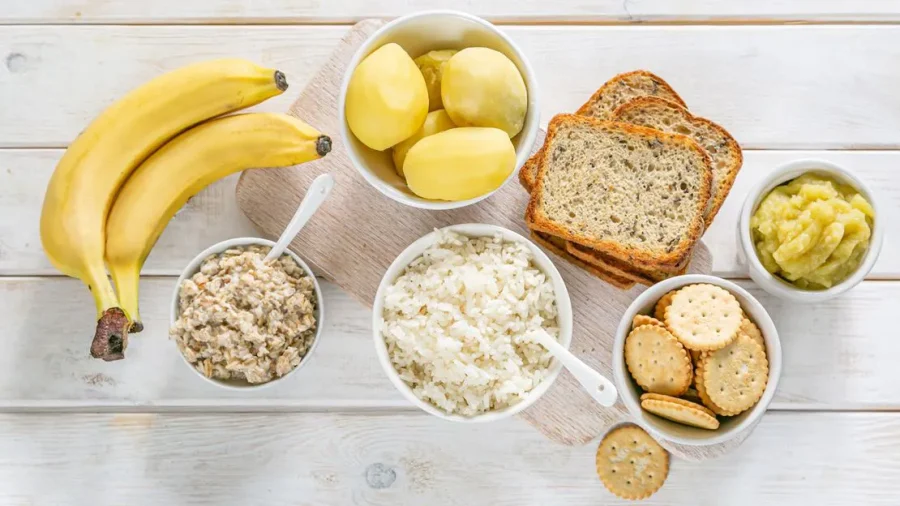Nothing can slow down a child’s fun – or interfere with family plans – more than a case of diarrhea. Diarrhea is a common condition that occurs when stool has too much water in it.
“The colon is designed to absorb water so that the stool has form and consistency. At times, the stool absorbs too much water, resulting in diarrhea,” explains Lauren Lazar, M.D., Pediatric Gastroenterologist with Children’s Health℠ and Assistant Professor at UT Southwestern. “If your child has a loose or liquid stool at least three or more times per day, it’s probably diarrhea.”
The best treatment for your child’s diarrhea may depend on its cause, but there are ways to provide relief from diarrhea symptoms. Learn how to treat diarrhea in kids, including advice on anti-diarrheal medicines, home remedies and the best foods to give your child.
Usually, when children get diarrhea, it’s considered “acute,” meaning it lasts from a few days up to a week. The most common cause of acute diarrhea is some sort of infection, whether viral, bacterial or parasitic.
Beyond stomach bugs, diarrhea in kids can also be triggered by other issues, including:
Chronic diarrhea is diarrhea that lasts longer than 2-4 weeks and is less common. Like acute diarrhea, it can be caused by a bacterial, viral or parasitic infection. Chronic diarrhea might also be triggered by underlying inflammation in the body, genetic or autoimmune conditions such as celiac disease or inflammatory bowel disease, or functional GI disorders such as irritable bowel syndrome.
Usually, medicine is not necessary to treat diarrhea in kids. In most cases, acute infectious diarrhea will stop when the body clears out the infection.
“Diarrhea is like a cough when you have a cold. Your gut is trying to get the bad stuff out,” explains Dr. Lazar. “If you slow down the gut with an anti-diarrheal medicine during infectious diarrhea, you’re keeping the infection inside.”
If your child’s diarrhea lasts more than a few days, check with your pediatrician to determine the cause and best treatment. For chronic diarrhea, your doctor might suggest a change of diet, medication or other ongoing treatment.
Generally, antibiotics are not used to treat infectious diarrhea in children. Always check with your doctor before giving your child over-the-counter diarrhea medications such as Imodium and Pepto-Bismol.
For some types of infectious diarrhea, probiotics may be helpful. You can purchase probiotics over the counter in liquid and pill form.










